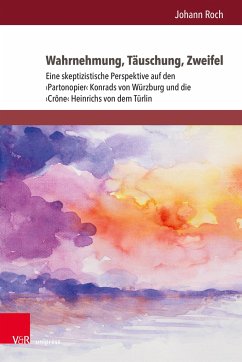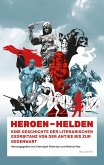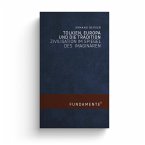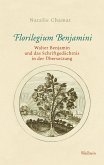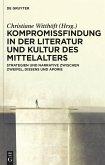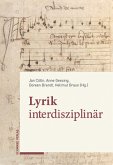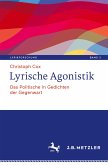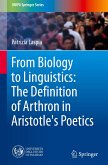Johann Roch untersucht, inwiefern der Wahrnehmungszweifel als philosophisch-skeptischer Inhalt in den beiden Werken der höfischen Epik 'Partonopier' und 'Diu Crône' literarisch produktiv wird. Unter Einbezug skeptizistischer Debatten in ihrer historischen Dimension argumentiert der Autor dafür, dass auch in literarischen Texten des deutschen Mittelalters ähnliche Problematiken verhandelt werden. Unter dieser Perspektive ergeben sich interessante neue Interpretationsmöglichkeiten, die die bisherige Forschung in eine eher ungewohnte Richtung erweitern.
Johann Roch examines to what extent perception-related skepticism serves as a philosophically skeptical theme in the two works of courtly epic literature, 'Partonopier' and 'Diu Crône', and how it becomes creatively productive in a literary sense. By incorporating skeptical debates in their historical dimension, it argues that similar issues are addressed in literary texts of the german Middle Ages. This perspective opens up interesting new possibilities for interpretation, expanding the existing research in a rather unconventional direction.
Johann Roch examines to what extent perception-related skepticism serves as a philosophically skeptical theme in the two works of courtly epic literature, 'Partonopier' and 'Diu Crône', and how it becomes creatively productive in a literary sense. By incorporating skeptical debates in their historical dimension, it argues that similar issues are addressed in literary texts of the german Middle Ages. This perspective opens up interesting new possibilities for interpretation, expanding the existing research in a rather unconventional direction.

